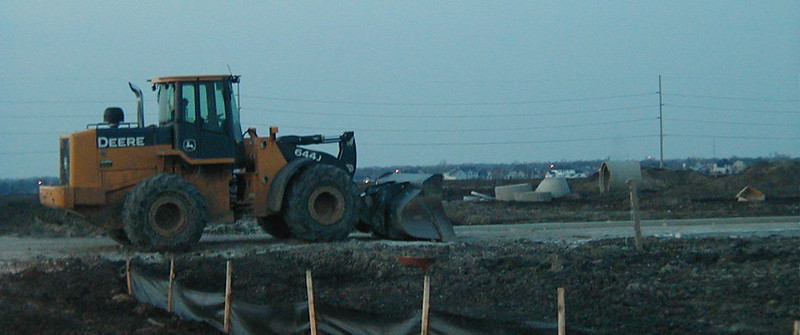Lack of skilled workers impacting road and rail construction in Australia

Roads Australia (RA) and the Australian Railway Association (ARA) have submitted a joint submission to Federal Parliament, hoping for an update to the Priority Skilled Occupations List.
Both RA and the ARA are calling on the government to update the Priority Skilled Occupations List to include specialist skills that are critical to the delivery of major road and rail construction projects.
This comes as a lack of access to overseas skilled workers has been accelerated by the international and domestic COVID restrictions.
Michael Kilgariff, Chief Executive Officer of Roads Australia said the skilled worker shortage would have a large effect on the delivering of major infrastructure projects.
“Governments are relying on the delivery of transport infrastructure projects to stimulate post-COVID economic activity. Our industry is willing to play its part – but the delivery of such a massive project pipeline faces challenges from a shortage of skilled labour,” Kilgariff said.
Both the RA and ARA believe that the skilled worker shortage will be emphasised with the major infrastructure investment allocated in the 2021/22 federal budget.
“The federal budget contained major investments in training opportunities – and of course these are welcome. But the delivery of such training takes time, and the shortages being faced by industry are immediate,” Kilgariff explained.
A survey of ARA members concluded that 68 per cent of rail business relied on skilled overseas workers prior to the pandemic, with more than half of the survey participants expecting the demand for skilled workers to increase over the next 12-18 months.
Both the RA and ARA welcome the $10 billion investment for infrastructure but say that the decreased number of skilled workers could place a significant strain on the industry.
They say a positive first step would be to require the Skills Commissioner to consider an industry’s ability to give effect to government policies expressed in documents such as the Budget when nominating occupations for inclusion on the Priority Skilled Occupation List.
Read the full article at Road and Infrastructure
